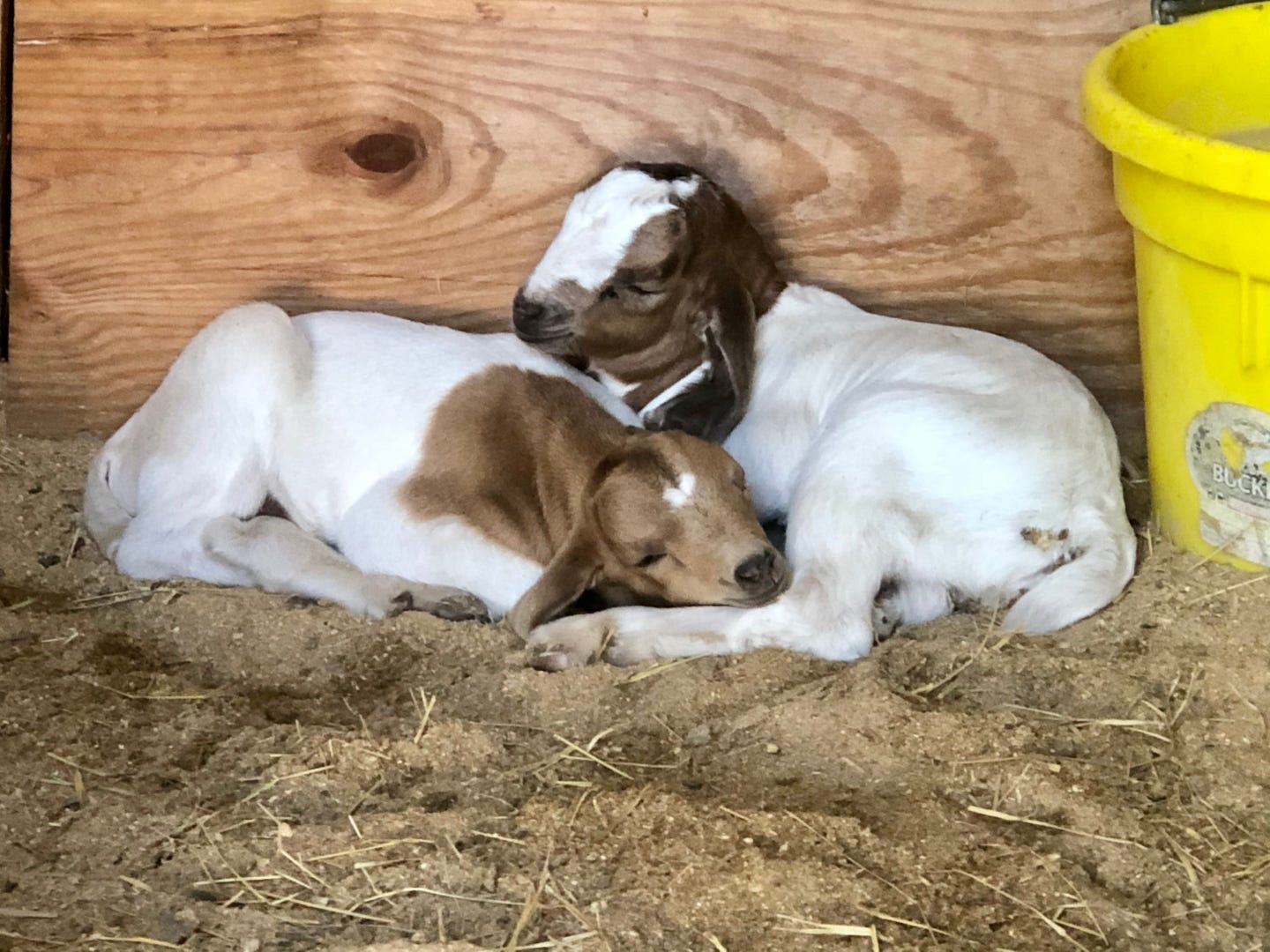Burl Stories as Tools, Part 3
In two previous posts, I introduced the metaphor of tree burls to convey the complications of family relationships. Now let’s consider the power of telling our family stories.
Our guest writer, Kerri Kearney joins us for a third in her series for the Projectkin Members’ Corner. These posts celebrate their contributions to family history storytelling — in all its forms. Explore the entire Members’ Corner here.
In my first post, I introduced burls in tree bark as a metaphor for branches of family trees that spin “off in unanticipated and sometimes unwanted directions.”
In my second post, I described one way of storying family tree burls by sharing the example of a children’s book I wrote for my toddler (now adult) daughter.
In this post, I’d like to explore the power of regular old family non-burl stories as tools. First, however, consider the power of telling our family stories. As storytellers, we hold a profound and sacred responsibility because we often share stories about ancestors or others who cannot speak for themselves.
The story about a fairy princess I shared in my last post is an example. I wrote the book as an age-appropriate way to share how our daughter came into our family. In it, I framed her story to help her better understand her origins and how it has shaped her resilience.
Stories endure across time, including past death. As we tell the story, we select what to include, what to “forget,” and how to position the characters. As a family story, these pieces are often accepted as “truth.”
Now that’s power! Family storytelling is a very powerful and profound responsibility.
As an educator, mother, and family storyteller, I am particularly interested in how stories frame and influence our understanding of ourselves. I can’t think of a time when our knowledge of ourselves is more critical than when we are teens and young adults. This period is one of dramatic human growth. Development during this period, in many ways, sets the stage for the rest of life.
Whoa. That’s another really powerful idea!
Integrating the last two thoughts sets up space for essential considerations for us as storytellers. If stories endure even past death and we, as the tellers, are making decisions about how and what to tell, how might our family stories support the identity-forming work that naturally occurs during adolescence and young adulthood for our children and grandchildren? Allow me to share a very simple family story connection that mattered for my youngest daughter in a very big way.
Take the girl out of the farm, but…
As a young professional, I left my home for “the city life.” That was partly driven by my choice to work in the corporate world. In my early 30s, I married my husband, an engineer, who was raised in a suburb of Detroit. We had three children, and by the time they started elementary school, we lived in Edmond, Oklahoma, a suburb of Oklahoma City. While more diverse now, Edmond’s origin story is one of family wealth and narrow beliefs about social positions.
While we were a middle-class family in north Edmond, our children were surrounded by peers of considerable wealth and material goods. Their middle school was large, and their high school was very large. All of these factors seemed to compound what might be ordinary middle and high school challenges. Our son, who is our oldest, navigated well. Primarily due to medical concerns, our second child attended an online school beginning in middle school.
Our youngest … loved horses, her dogs, planting and raising gardens, and cooking. While our kids had been on horses at my family’s ranch since they were very young, her interests led me to hire a trainer to teach her formal skills. She blossomed. She rode English, including jumping, helped with children’s parties (with a horse stylized as a unicorn), learned to ride Western, and did a few horse shows. By that time, she was entering the very large Edmond High School. And she faltered.
Riding horses during middle school was quirky. Riding horses, loving dogs, planting gardens, and cooking as a high school student in the north part of Edmond was … different — and not in a good way. She faltered. She couldn’t find people like her. She questioned her value within the social norms in which she was situated. She was beginning to crack.
So I told her our family stories.
We are not a family from wealth and the city, at least not on my side and, not too far back, not on my husband’s side. We are farmers and ranchers. We are members of smaller communities where neighbor helps neighbors. We are animal people and hard workers. We are scrappy, resilient folk who are proud of our origins in land and animals. I realized that, even though she knew my parents had a ranch, she didn’t know who her people were… the ones who paved the way for her. She didn’t know where she came from. I still claim that she genetically inherited the farming and ranching genes. Learning about her origins validated her in some way. She wasn’t different. She was living in a different place.
I had let her believe that the world she had known in Edmond was the real world … that was a mothering mistake.
Ultimately, I took her home to the family ranch, where she entered a rural high school, joined the Future Farmers of America (FFA,) and, with the help of her grandfather, started a breeding operation for show goats. Again, she blossomed.
My husband joined us soon after our second child graduated in Edmond, and I am writing this from the couch of a family ranch house and enjoying the spring semester of what is now her senior year. My daughter is a very strong young woman who is well-grounded and knowledgeable about who she is and where she comes from.
She will start college this fall in agricultural communications. Who she is today is partly formed from the crisis when she didn’t understand where she came from and believed herself to be failing because she was so different from her peers. Understanding her origins normalized her natural talents and interests.
My experiences with all of my children taught me that the people we come from matter in who we believe ourselves to be and matter in how we orient ourselves to the world. Disconnected from our family histories, we are floating in a weird vacuum in which it is easy, especially as young people, to begin to believe we are fatally flawed.
Thus, I believe in harnessing our family stories as tools for grounding our young people's self-understanding. Should we claim this power, we have considerable positive power as family storytellers.
Who are the young people in your lives? Do they need to hear your family stories?
This article is part of an ongoing series from
. To review the series from part 1, start here:Burls as Beautiful, Part 1
Our guest writer, Kerri Kearney joins us as part of our first cohort in the Projectkin Members’ Corner. Monthly posts from members celebrate their contributions to family history storytelling — in all its forms. Posts may be written or recorded (audio or video) will be shared for free each month. Explore the entire
Would you be interested in joining us here in the Members’ Corner with a piece of your own? We’d love to share your work, too.













We always told our three teenagers that our job was to give them roots and wings. You did that in spades! Beautiful piece.
Thank you for this wonderful post. Your daughter's example is an inspiring illustration of how knowledge of family history can provide direction and a solid grounding in our lives.